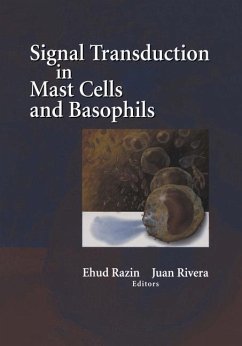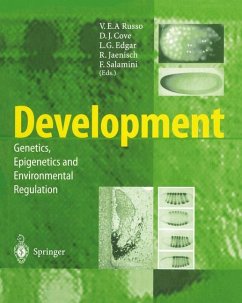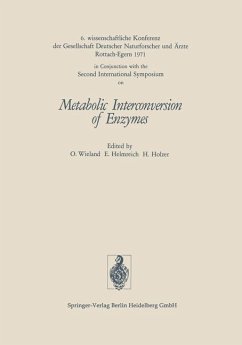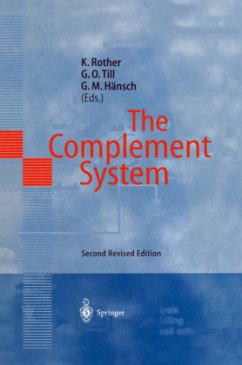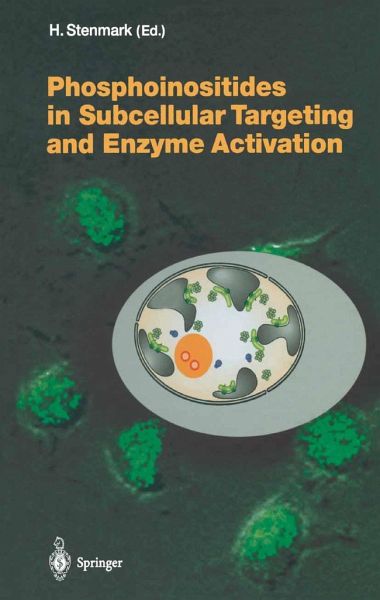
Phosphoinositides in Subcellular Targeting and Enzyme Activation
Versandkostenfrei!
Versandfertig in 1-2 Wochen
106,99 €
inkl. MwSt.

PAYBACK Punkte
0 °P sammeln!
The reversible recruitment of intracellular protein complexes to membranes is essential for immune cell functions, including chemotaxis, phagocytosis and signalling. Such recruitment is often controlled by phosphorylated derivatives of phosphatidylinositol, known as phosphoinositides. These lipids also serve to activate enzyme systems that carry out complex reactions such as chromatin remodelling and pre-mRNA procesing. This issue of Current Topics in Microbiology and Immunology presents an overview of how phosphoinositides function in protein recruitment and enzyme activation and presents physiologically important examples of protein-phosphoinositide interactions.
Cells of the immune system are activated by a variety of stimuli that are derived from other cells, ingested material or from invading microorganisms. This issue of CTMI focuses on the mechanisms of phosphoinositide-mediated protein recruitment to intracellular membranes.







